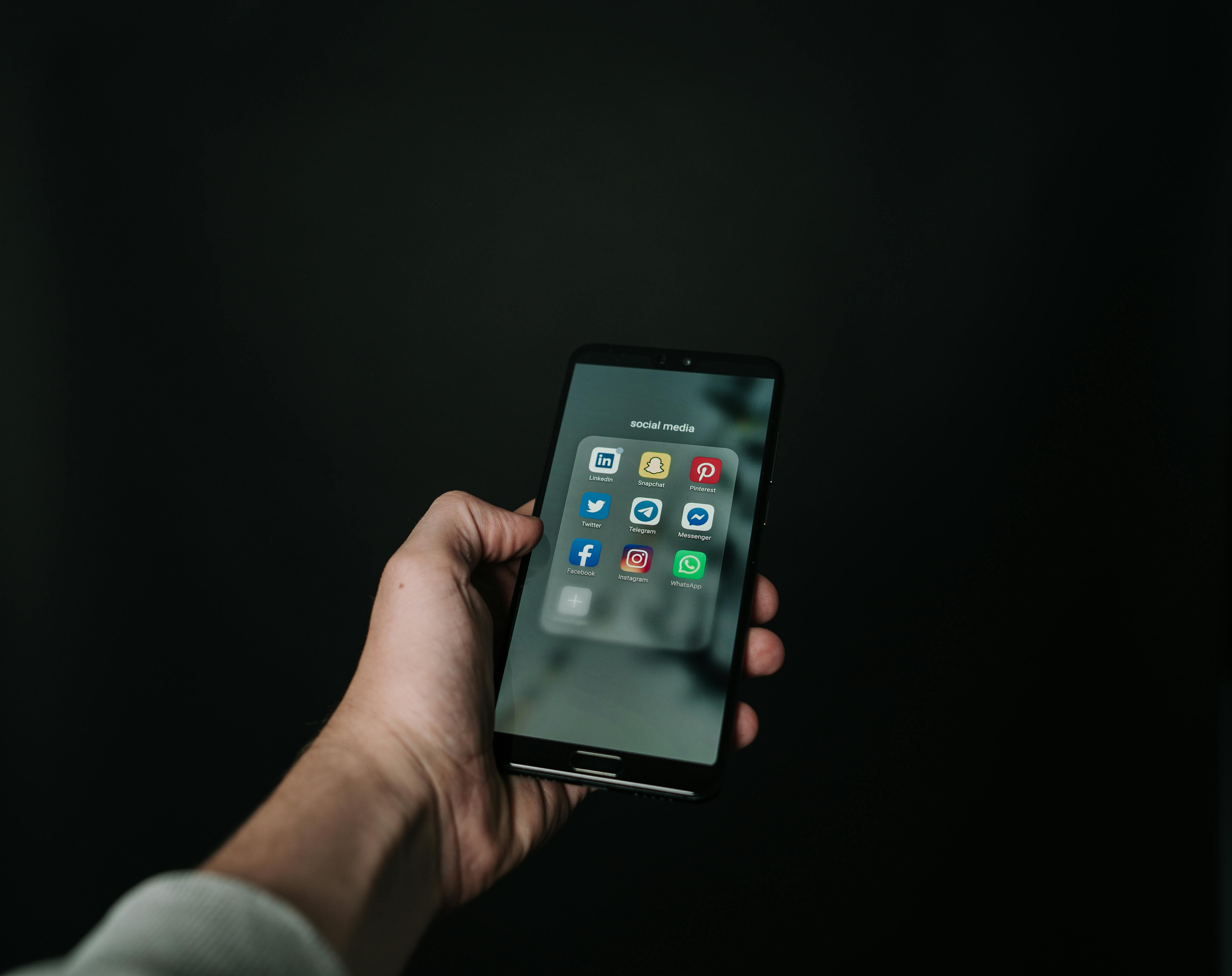#646 - Social Media Accuracy

Do you turn to social media for mental health advice? New research suggests it may not be the best move if you are seeking reliable, accurate information. Using the Brief COPE Inventory, researchers examined from what sources 250 young adults sought information about anxiety, and whether if they had used social media for mental health information, how much accurate knowledge they had about anxiety.
Results? Researchers found that young adults who use social media for mental health advice knew less about anxiety than those using friends/family, books, internet websites (Wikipedia, medical websites, Google), podcasts, television/movies, or therapy. Only 18% get most of their information from mental health professionals, while 82% relied upon non-professionals. However, the study also showed that using the internet in general – not just social media – can lead to better anxiety knowledge, suggesting that online information can be reliable.
All of this points to one take-away: be careful where you get your mental health advice. Not all sources are reliable. It’s best to turn to a vetted resource like Wikipedia or trusted experts online, or in person, like clinical psychologists, who are trained in mental health.
Written by Charlotte Eley (Psychology B.A. Student)

 Give to Florida Tech
Give to Florida Tech 